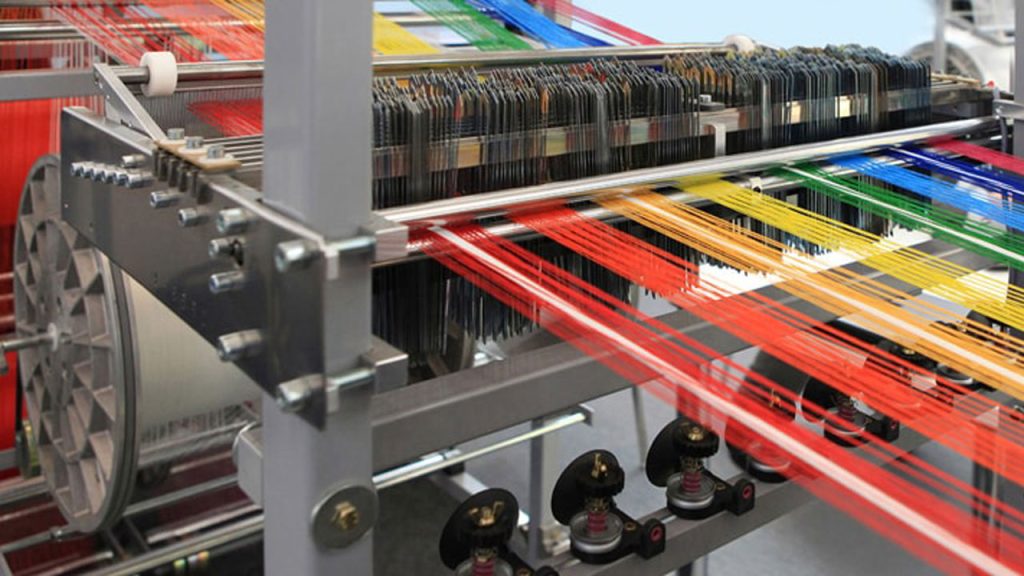The Nigerian textile industry has continued to struggle as importation of textile products into the country increased by 106.7 percent over a period of four years from N182.5 billion in 2020 to N377.1 billion in 2023, despite several intervention programmes to boost the sector over the years.
Available data from the National Bureau of Statistics (NBS) shows consistent rise in textile imports from 2020 when it was N182.5 billion, N278.8 billion in 2021, N365.5 billion in 2022, and N377.1 billion in 2023.
The Central Bank of Nigeria (CBN) has implemented various intervention programmes for the sector over the years, including financial support, training initiatives, and foreign exchange restrictions on textile imports at the official exchange market. But all of these seem not to have any positive impact on the sector.
Nigeria possesses significant potential in the textile and apparel industry, with a rich history of textile production and a large domestic market. The sector is capable of creating employment opportunities, promoting industrialisation, and contributing to the nation’s economic growth.
During the 1970s and early 1980s, Nigeria boasted over 180 textile mills, employing more than one million Nigerians. Among these were United Nigerian Textile Limited, Aswani Textile, Afprint, Asaba Textile Mills, and Edo Textile Mills, to mention a few.
However, by the 1990s, these once-thriving firms vanished due to challenges such as smuggling, rampant importation, unreliable power supply, inconsistent government policies, and insecurity, making it impossible for them to remain competitive.
In a recent interview granted a news media, the Director General of the Nigerian Textile Manufacturers Association, Hamma Kwajaffa, lamented that the high cost of production has made local textile and apparel industry uncompetitive, and discourages investments.
Speaking in similar vein at the recently concluded 13th National Delegates Conference of the National Union of Textile Garment and Tailoring Workers of Nigeria (NUTGTWN) in Abuja, the immediate past President of the union, John Adaji, said that about 90 percent of textile products in Nigeria valued at over $4 billion are imported into the country annually.
“90 percent of textile products in Nigerian markets today are imported. The government should revive and invest in the textile industry in order to create 2 million jobs in the country and as well reduce over $4 billion import bill incurred on textile and apparels annually,” he stated.
Adaji also lamented the high production cost of textile materials in the country, which he attributed to poor infrastructure and high energy cost.
He said revival of the sector requires deliberate efforts by the government, referencing the South Africa’s clothing and textile sector which experienced a lull due to lack of local patronage and dumping of imported textile materials, he however noted that because of conscious efforts on the part of the South Africa government through “Buy South Africa” Campaign, the textile and clothing sector has been revived with many jobs created.
The union leader maintained that the Executive Order 003 which mandates Ministries, Departments and Agencies (MDAs) of government to spend more of their budgets on locally produced goods was a bold and courageous move to enhance growth of the nation’s manufacturing sector and economy that if fully implemented.
